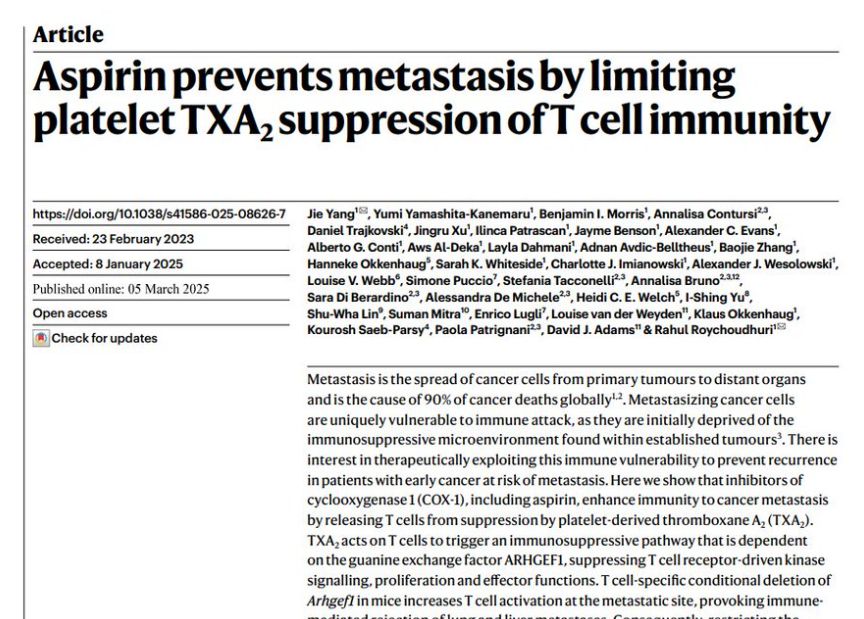



pypi.org/project/pyuc...
pypi.org/project/pyuc...
🔗 Manuscript: www.biorxiv.org/content/10.1...
💻 Code: partipy.readthedocs.io

🔗 Manuscript: www.biorxiv.org/content/10.1...
💻 Code: partipy.readthedocs.io
commercial single-cell RNA sequencing technologies
www.biorxiv.org/content/10.1...

commercial single-cell RNA sequencing technologies
www.biorxiv.org/content/10.1...
www.nature.com/articles/s42...

www.nature.com/articles/s42...
www.nature.com/articles/s42...

www.nature.com/articles/s42...
with @qimmuno.bsky.social & @innate2adaptive.bsky.social
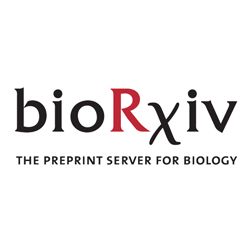
with @qimmuno.bsky.social & @innate2adaptive.bsky.social

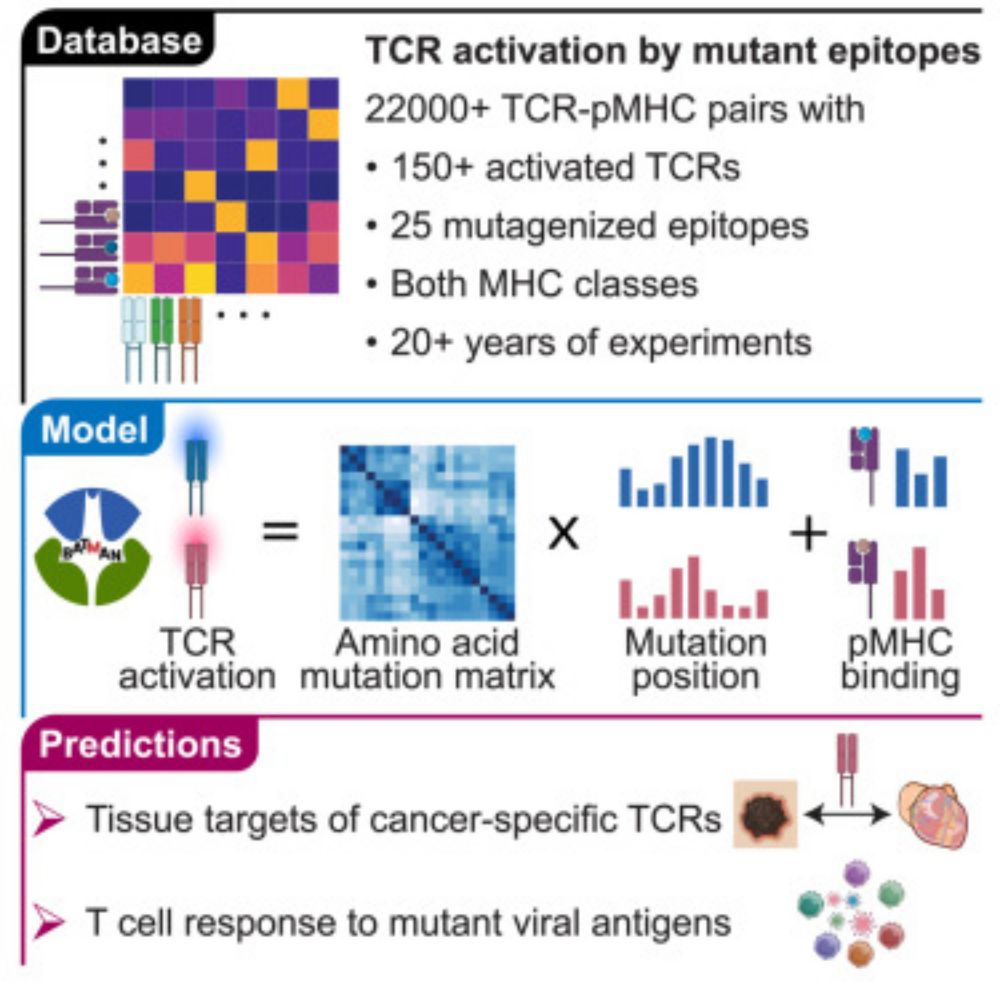


key point: 2/3rds of TF isos differ in properties like DNA binding & transcriptional activity
many are "negative regulators" & misexpressed in cancer
www.sciencedirect.com/science/arti...
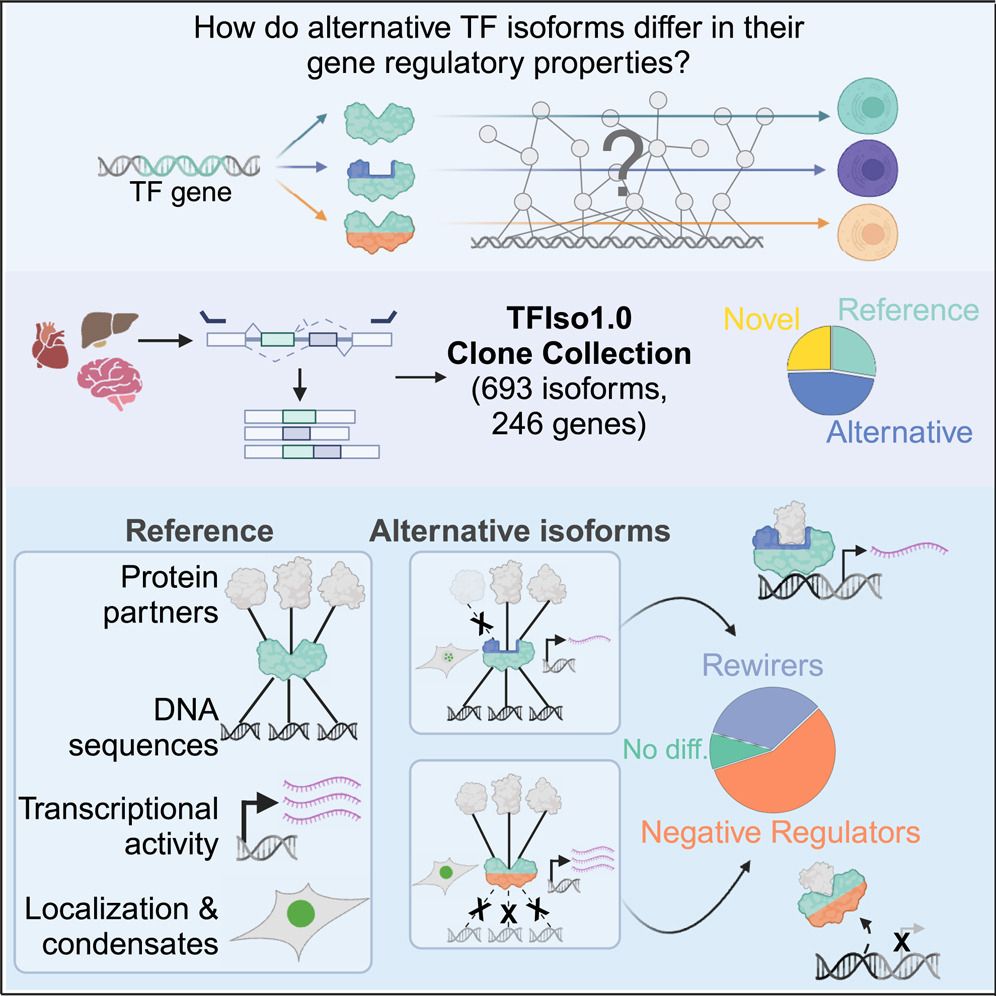
www.biorxiv.org/content/10.1...
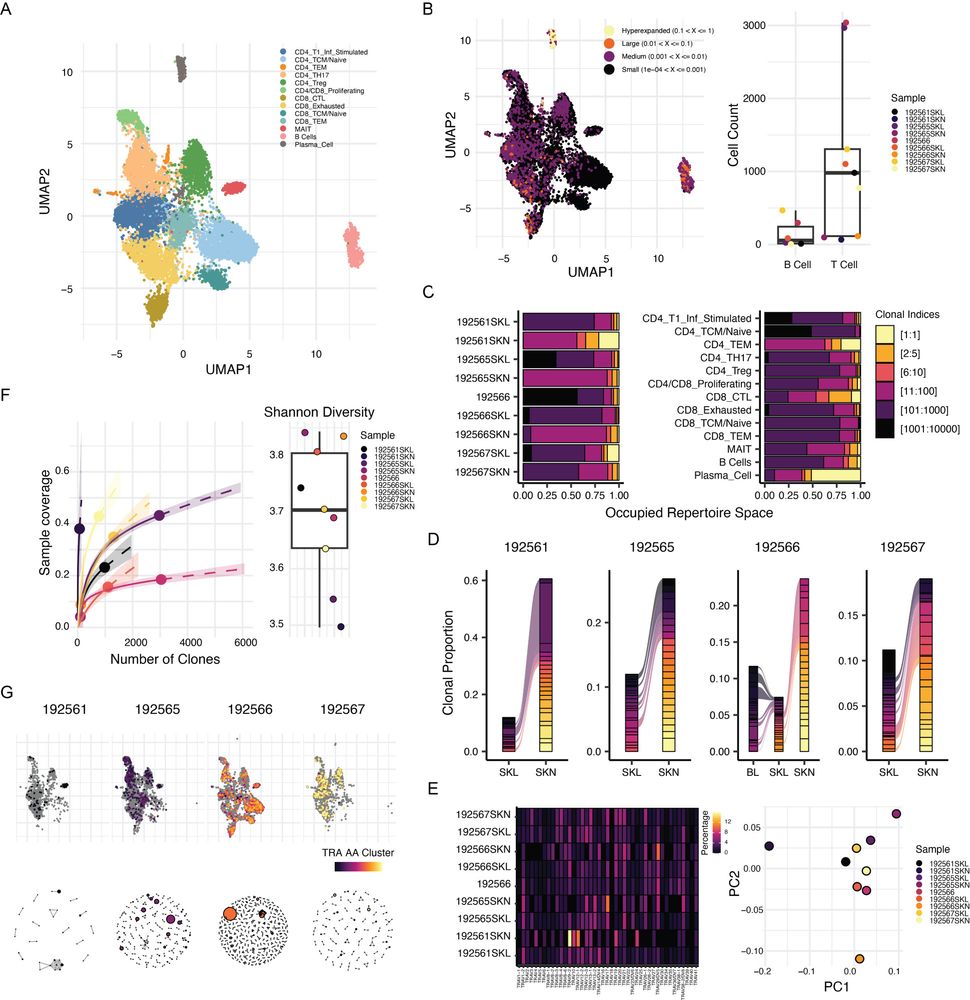
www.biorxiv.org/content/10.1...
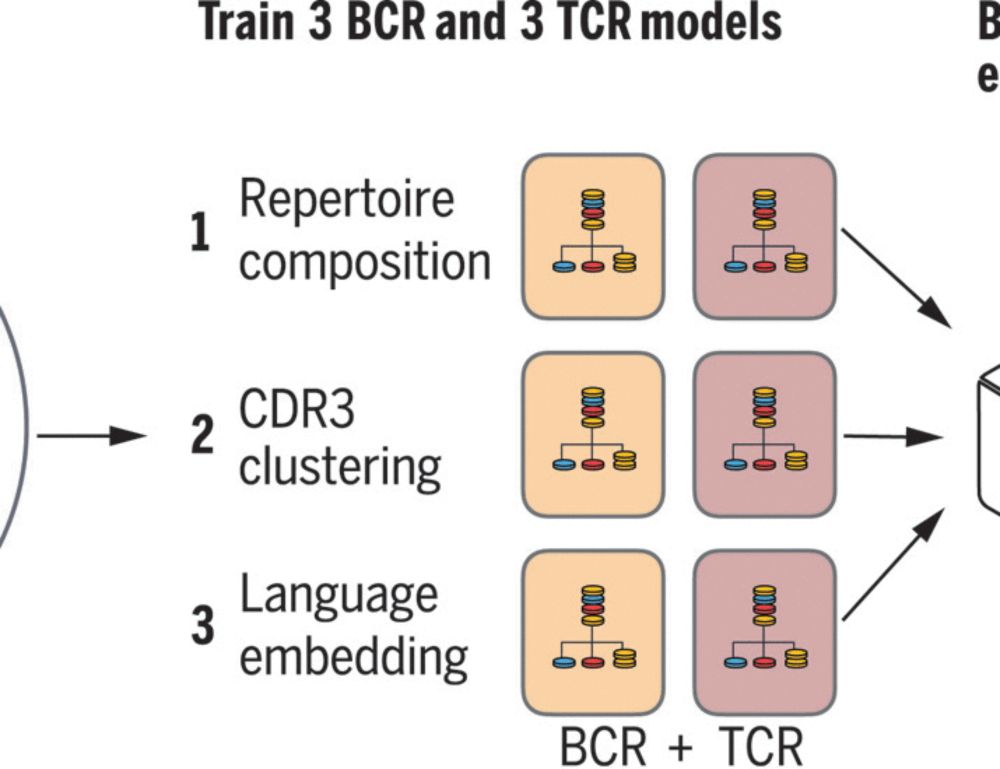
Our comprehensive review, "Transformers and genome language models," is finally published in Nature Machine Intelligence!
Link: nature.com/articles/s42...
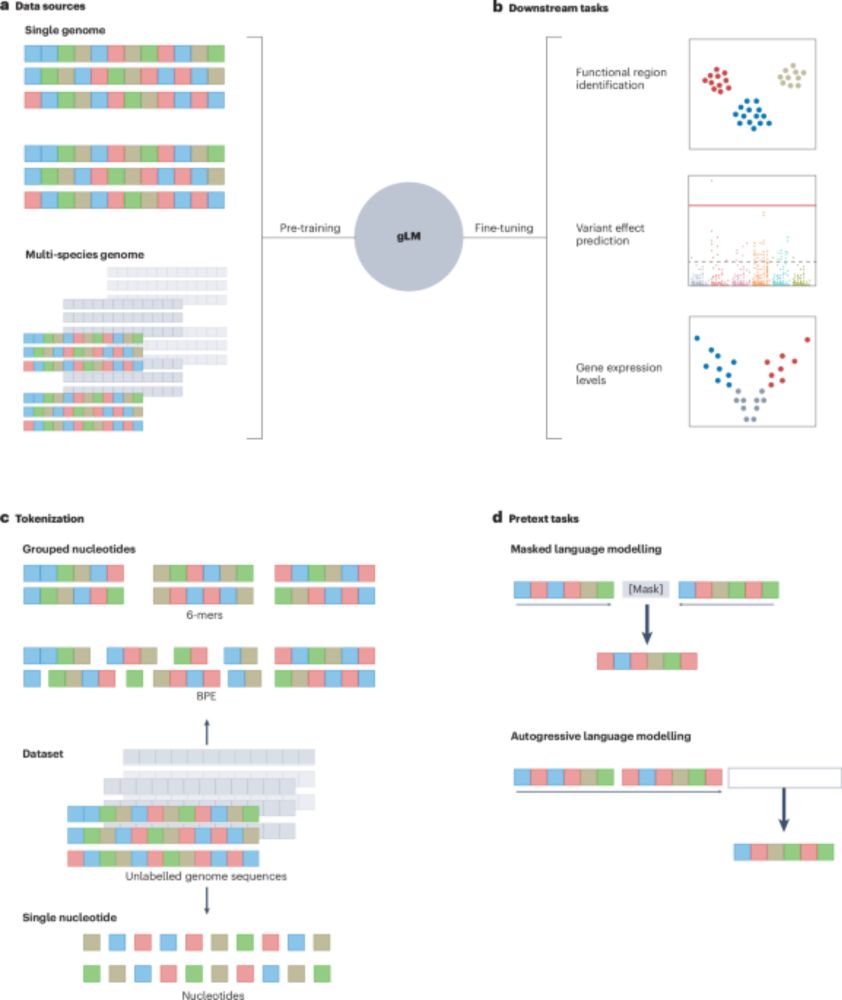
Our comprehensive review, "Transformers and genome language models," is finally published in Nature Machine Intelligence!
Link: nature.com/articles/s42...
www.biorxiv.org/content/10.1...

www.biorxiv.org/content/10.1...

